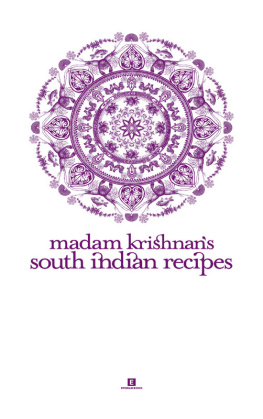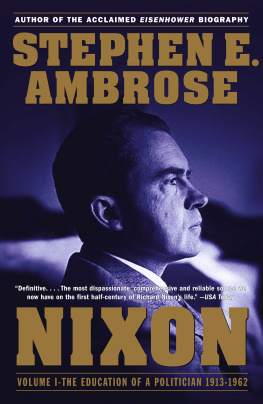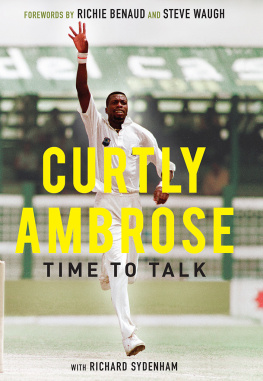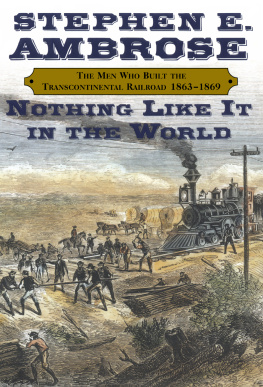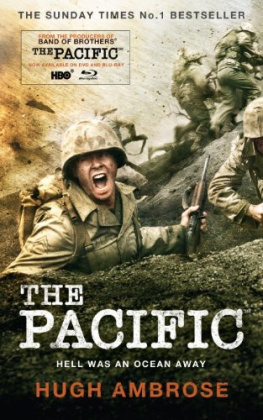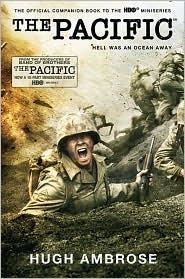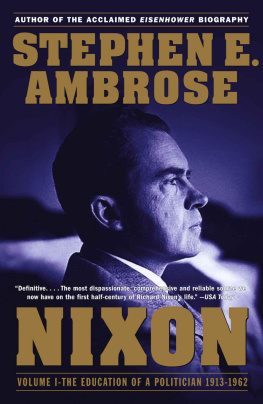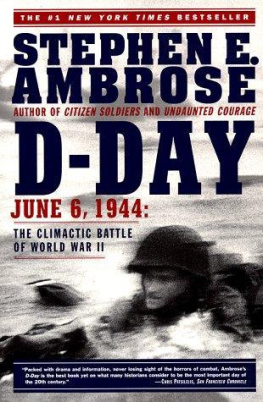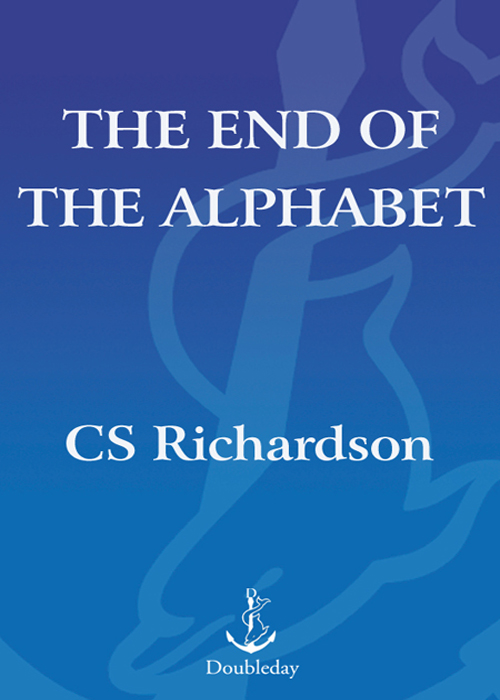
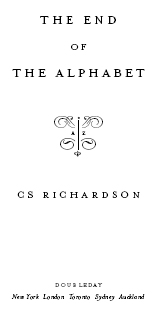
Contents
For Rebecca T.M.D.
Think of the long trip home.
Should we have stayed at home and thought of here?
Where should we be today?
ELIZABETH BISHOP,
Questions of Travel

This story is unlikely.
Were it otherwise, or at the least more wished for, it would have begun on a Sunday morning. Early, as that was his best time of the day, and in April, that odd time between a thin winter and a plump spring.
He would have closed the door of his house and stood on his front step, eyeing the predawn sky. He would have given the neighborhood stray a shove from its perch on his window ledge. The scruffy cat would have hissed and bolted across the narrow road to the park across the way. He would have hissed back, proud he had at last defeated the mangy beast, and set off. As he had every Sunday morning as far back as he could remember.
As he walked up the road, the woman from number eighteen would be retrieving the morning paper from her doorstep. The cool morning would have meant she had remembered to throw on a dressing gown. They would have traded pleasant, awkward good mornings. He knew her to be the mother of two energetic children whose names he could never recall. She knew he worked in some sort of creative field. After a moment or two of searching for common ground, he would have asked after her childrens artwork. He and his wife had no children of their own.
Farther on, he would have seen the elderly man and his tiny dog, who lived at number twelve, about to begin their morning walk around the park. The pair would be waiting to say hello. The man would have tipped his cap and launched directly into an eccentric opinion about something. The tiny dog would have begun yapping at the neighborhood stray.
He would have worried about disagreeing with the old fellow and causing offense or starting a discussion on a topic he knew nothing about or the soundness of his own opinion. He would have forced an agreeing laugh, wished his neighbor a good day, and eyed the dog with suspicion.
He would have made his way to Kensington High Street and grumbled about the winter that had passed. He would have wished he had taken his wife to Italy. But that would have been expensive or difficult or meant a bad time at the office. He would have sighed to himself, then smiled as the London sky inched from black to gray to yellow to blue.
He would have turned in at Kensington Gardens, up past the palace and on to Broad Walk. Here he would have been happiest. He would have paused near the Round Pond, looked toward the east and the swans, and squinted in his way to watch a girl of perhaps nine or ten, her hair dark and fine and in need of a trim or a ribbon, reading a book beyond her years. He would have closed his eyes in the warmth of a sun just clearing the budding treetops.
He would have checked his watch, counted his minutes and the days schedule in his head, and turned for home. He would have retraced his route down the Walk, past the palace, along the High Street, into his road, past number twelve and number eighteen and the cat now back on the window ledge, and through his front door.
His wife would have begun to stir in her sleep. Five minutes more, she would have mumbled, just loud enough for him to hear as he made her tea. As usual, a tepid cup with too much milk.
Ambrose Zephyr would have been content that it was Sunday and that spring had come again to that part of London and that there was no need to go to the office. He would have read a draft of his wifes latest magazine column and (as gentle readers are obliged) made one or two enthusiastic comments.
He would have wondered about the days ahead of him and, as was his habit, dreamed of doing something else. And there it would have ended.
But that is not this story.

On or about his fiftieth birthday, Ambrose Zephyr failed his annual medical exam. An illness of inexplicable origin with neither known nor foreseeable cure was discovered. It would kill him within the month. Give or take a day.
It was suggested he might want to make arrangements concerning his remaining time.

Ambrose Zephyr lived with his wifecontent, quiet, with few extravagancesin a narrow Victorian terrace full of books.
He owned two bespoke suits, one of which he had been married in. The othera three-piece linen number with lapelled waistcoathe wore whenever and wherever he traveled: on business, on the underground, on his Sunday walk. A pocket square, discreetly puffed, always in place. He collected French-cuffed shirts as others might collect souvenir spoons or back issues of National Geographic. He rarely wore ties but liked them as challenges in graphic design. His footwear was predominantly Italian, loaferish, and bought in the sales on Oxford Street. His watchesof which there were manywere a range of silly colors and eccentric shapes.

When cornered, he claimed to read Joyce, Ford, and Conrad. Rereads of Fleming and Wodehouse were a more accurate library. His opinion of Miss Elizabeth Bennet was not favorable (though he liked Mr. B. and held a wary respect for Darcy). Wuthering Heights, according to Ambrose, was the dullest book ever written.
He had not read a newspaper in some time.
Everything Ambrose Zephyr knew about cuisine he learned from his wife. He was allowed in the kitchen, but under no circumstances was he to touch anything. He was a courageous eater, save Brussels sprouts and clams. His knowledge of wine was vague and best defined as Napa good, Australian better, French better still. Kir royale was his drink of occasion. For an Englishman, he made a poor cup of tea.
He believed women to be quantifiably wiser than men. He was neither a breast nor a leg nor an ass man; hair could be any length, any color. Ambrose preferred the complete puzzle to a bit here, a piece there.
He stood when someone entered the room. He walked at the street side. Opened his wifes door first. He could be trusted.

Ambrose Zephyr worked as the creative wallah for Dravot, Carnehan. Ill-mannered competitors termed it the D&C. Messrs. Dravot and Carnehan had long ago divested their interests in the advertising agency to a globalizing media concern. The principals then went off to seek other fortunes and left Ambrose working for a wise and exhausted woman named Greta.
Coworkers considered Ambrose to possess an inventive if journeyman approach to the creative process: on time, on budget, realistic, reasonable. He was neither star nor guru. Ambrose was comfortable with that. A client is in the business of selling something, he often said, but that something is usually not Ambrose Zephyr.
With his heels to the wall Ambrose stood an inch or two under six feet. Excluding the inevitable middle-years droop of waist and waddle, his frame was thinnish. His head, well seasoned, carried the same amount of hair it did when he was a boy. His eyes were creased at the corners and as blue as the day when, fifty years before, a young and sad Queen had come home from Africa.
Next page

